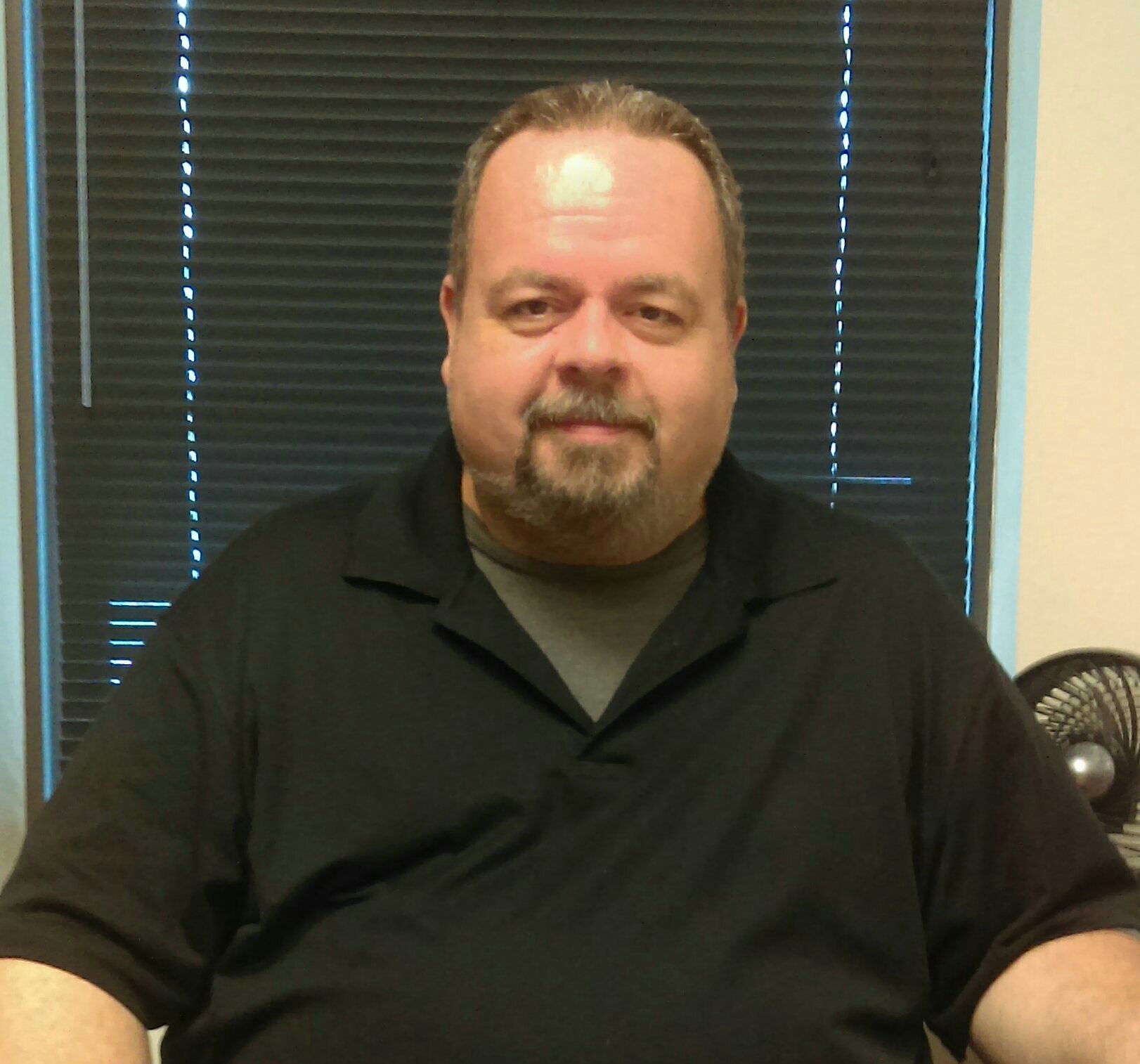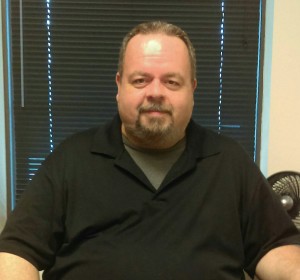
Dr. Henderson is the Associate Dean of the College of Humanities, Arts, and Social Sciences at Drury University. He has a Ph.D. in English and has taught English at Drury for over ten years, including classes in creative fiction writing, poetry, expository writing, screen writing, and play writing. The Scoop sat down with Dr. Kevin Henderson to talk about his experience with fiction writing.

Was there one moment or event you can remember that got you interested in English and writing?
I think I was always interested in writing from a very early age. I would try to write little illustrated books, like these homemade kind of things that your mom staples together and keeps in a drawer. I guess if you become famous they can say that’s early genius, but otherwise there was just a very early – as early as language development – kind of interest in somehow telling stories on a page. When I was an undergraduate, I remember taking that first creative writing fiction class and getting a lot of feedback on the first completed short story and having a professor encourage me to even think about publishing that short story. That was really probably pretty bad advice and premature but that someone sort of took the time to think through what I was trying to do in that story, whether I failed at it or not, and to want to talk more about what could become of that story was very encouraging.
Do you do much fiction writing now? Do you have time to write?
I’ve focused, because I’ve had some opportunities to do so, more on writing in the last two years primarily film scholarship. I’ve always been interested in film as well, and so, as there have been some calls for papers in some peer-reviewed journals that didn’t seem completely out of my reach, I wrote some essays that are steadily rolling out. What time I have to write, as I also wear an administrative hat and teach full time, has shifted more toward a sort of scholarly academic writing that’s mainly literature and film focused. That said, this last summer I at least began work on two different short stories that I’d love to lock in the time most days of the week to at least do a little bit with.”
Do you have a favorite genre?
I think I veer – though I don’t like the name any more than anyone else – toward a kind of contemporary realism. I probably work more naturally within that mode than something that’s consciously avant garde or surreal or post-modern or something like that. In terms of modes of writing, I’m probably most drawn toward poetry, fiction, and screen writing.
Who is your favorite fiction author?
It’s always hard to narrow that down. For a long time I would say someone like Toni Morrison. Anyone I name is usually someone who I write nothing like and never will. Recently, because I’m teaching a single author, I’ve been re-reading a lot of William Faulkner.
If you could give one piece of advice to a young aspiring writer, what would it be?
You didn’t ask for a single word, but the first word that popped into my mind was persistence. People usually hear it as persist in trying to get published, but I see it much more about persist in trying to do some writing as many days of the week as you can. Even though many of those days maybe you’re writing something that you’re not especially satisfied with or proud of, you’re still putting in, to borrow from the book Outliers, that ten-thousand hours that usually is the difference between being amateurish and being a master at something. Putting in the sheer work of trying to write usually pays the most dividends.